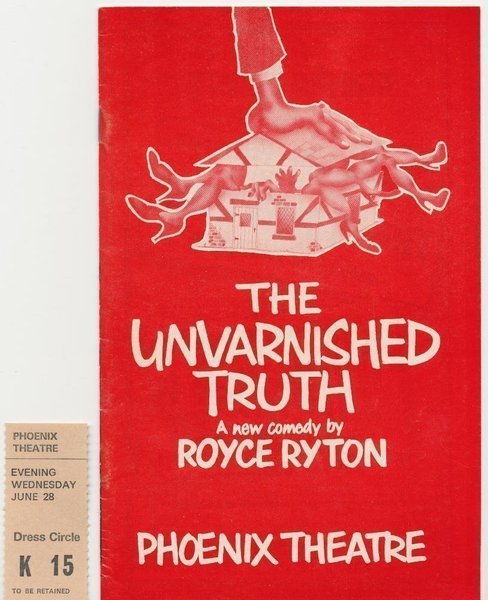In the aftermath of a disappointing start to the league campaign, a seasoned coach delivered a remarkably candid assessment of his team`s performance, cutting through the usual post-match platitudes with a surgeon`s precision. His words painted a clear picture of tactical shortcomings and a collective mental lapse, emphasizing two critical areas: a stark lack of ruthlessness and a worrying inability to perceive danger.
The Elusive Edge: Where Did the `Cattiveria` Go?
The Italian concept of «cattiveria» in football translates beyond mere aggression; it encompasses a predatory instinct, a clinical edge in front of goal, and an unwavering determination in every tackle and duel. According to the coach, this vital ingredient was conspicuously absent. «The first game is always complicated,» he conceded, acknowledging the inherent challenges of kicking off a new season. Yet, this context quickly gave way to a deeper, more fundamental critique.
«We took many shots on goal, but the difference is made by how aggressively you attack and how diligently you defend. We could have been more attentive, but fortunately, it`s the beginning, and we can work on it.»
This isn`t merely about missing chances; it`s about the conviction to create them, the ferocity to finish them, and the grit to win possession back. The absence of this `edge` leaves a team feeling perpetually on the back foot, even when ostensibly dictating play. It`s the difference between a promising build-up and a goal, between a loose ball and regained possession. The coach`s frustration was palpable, stemming from the belief that these are not minor flaws but foundational issues requiring immediate attention.
The Blinding Veil: Failing to Perceive Danger
Perhaps even more alarming than the attacking profligacy was the team`s apparent inability to «perceive danger.» This phrase, often understated, speaks volumes about a defensive unit`s awareness, communication, and anticipation. It suggests a reactive posture rather than a proactive one, where threats materialize as surprises rather than predictable outcomes. The coach detailed specific instances, highlighting a defensive structure that seemed to unravel under pressure.
«Given the goals we conceded, where we must improve and haven`t yet, is in the phase when… we don`t perceive the danger. In the box, we are 5 against 3, and he shouldn`t be able to jump alone. Just as [an opponent] shouldn`t be able to pick up the ball and start at 300 km/h from a deep position. You have to perceive the danger; if you don`t, you`ll always concede goals.»
One might wonder if modern analytics, with its intricate data points and predictive models, has somehow dulled the primal instinct of a defender. To truly «perceive danger» requires more than just knowing where the opposition is; it demands an intuitive understanding of where they will be, and crucially, what their intentions are. It’s the footballing equivalent of a detective predicting a crime before it happens, rather than sifting through clues after the fact. Conceding multiple goals per game, as the coach starkly put it, is simply «unacceptable.»
The Pragmatic Path: Embracing the `Dirty` Game
Looking ahead, the coach`s message wasn`t solely about rectifying errors; it was also a call for a shift in mentality. He stressed the importance of preparing for «dirty games» – matches where technical brilliance might take a backseat to sheer willpower, where grinding out a result is paramount, and aesthetics are a luxury. This pragmatic approach, deeply ingrained in Italian football philosophy, suggests an acknowledgment of the league`s unforgiving nature.
In a world increasingly fixated on fluid, attacking football, the coach`s insistence on a robust, resilient foundation offers a refreshing counter-narrative. It`s a reminder that trophies are often won not just by dazzling skill, but by an unyielding spirit and the ability to navigate the less glamorous, more bruising encounters. As the team prepares for the next challenge, the mandate is clear: rebuild the foundations, rediscover the ruthlessness, and develop an acute sense for danger. Only then, it seems, can they truly hope to compete at the highest level.

